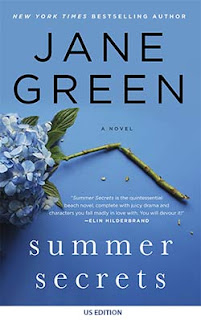I’m thinking about spiritual fitness this week. I’ve been in recovery a long time now and, as we’ve talked here, there are pluses and minuses. Being semi-sane most of the time is a huge plus, but not having the daily push to grab more recovery could be kind of a minus, right?
In early recovery fear and pain kept me coming back. I was so willing! I never balked at six meetings a week, lots of service, two sponsors and the books were piled so high. And my commitment to developing my spiritual life was huge. It didn’t take very long for me to get it that this is a spiritual program and a spiritual solution and while I faked a lot of things in my life—I couldn’t fake that and get results.
So early on I began a prayer practice and tried many meditation courses. I had done TM—Transcendental Meditation --in my using days and then I discovered it worked so much better sober. Then as recovery progressed I learned about Matt Talbot retreats and did those for years—twice a year at Stonehill College with amazing Christian retreat leaders, and that led to having a spiritual director—and then to becoming a spiritual director. And still the books are piled so high.
But just as I keep exploring new kinds of physical fitness and adapting new movement and exercise styles—I’m re-learning that I need to keep adapting my spiritual fitness as well.
Just as I had to face that fact that running hurt more than it helped, and that while swimming was almost perfect I couldn’t manage the logistics on a daily basis. So I tried videos, classes, a trainer, yoga, dance classes, Zumba and on and on. For that last couple of years the physical fitness recipe is Pilates and yoga. But swimming is creeping back in.
On the spiritual front there has been daily prayer and almost daily journal writing, reading spiritual writings, talking to a spiritual director. I keep wanting church to be part of the mix and but so far it just doesn’t “take”. Too many times, so wanting to be a “church-goer” I sign up, start to attend, over commit and then bail. That left me feeling worse not better.
But here is what I do know: Enlarging one’s spiritual life must be a top priority for anyone in recovery. And maintaining spiritual fitness doesn’t mean doing the same things year after year. Just as our addiction is progressive and the solution is spiritual, our program of spiritual growth and action also has to keep progressing.
Just as we are learning that the heart of addiction may come from not having community and connection, our spiritual solution may also require spiritual community and connection. People who are part of a faith community have that—and maybe that’s what my repeating desire is all about. And maybe it doesn’t have to be Church in a formal sense but I think it is going to mean a regular commitment to some small group of folks who also want to practice prayer and meditation together.
Years ago I came to know that sometimes the best way to learn something is to start teaching it-or “teach what you want to learn,” so I’m going to start the spiritual practice group that I need for myself.
Let me know if this appeals to you and we’ll become the community we want.






